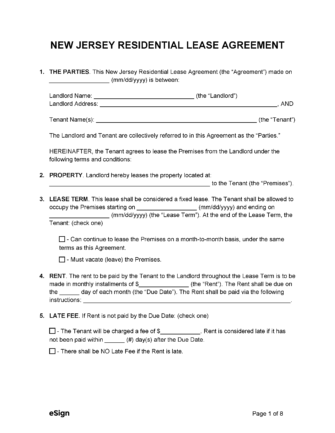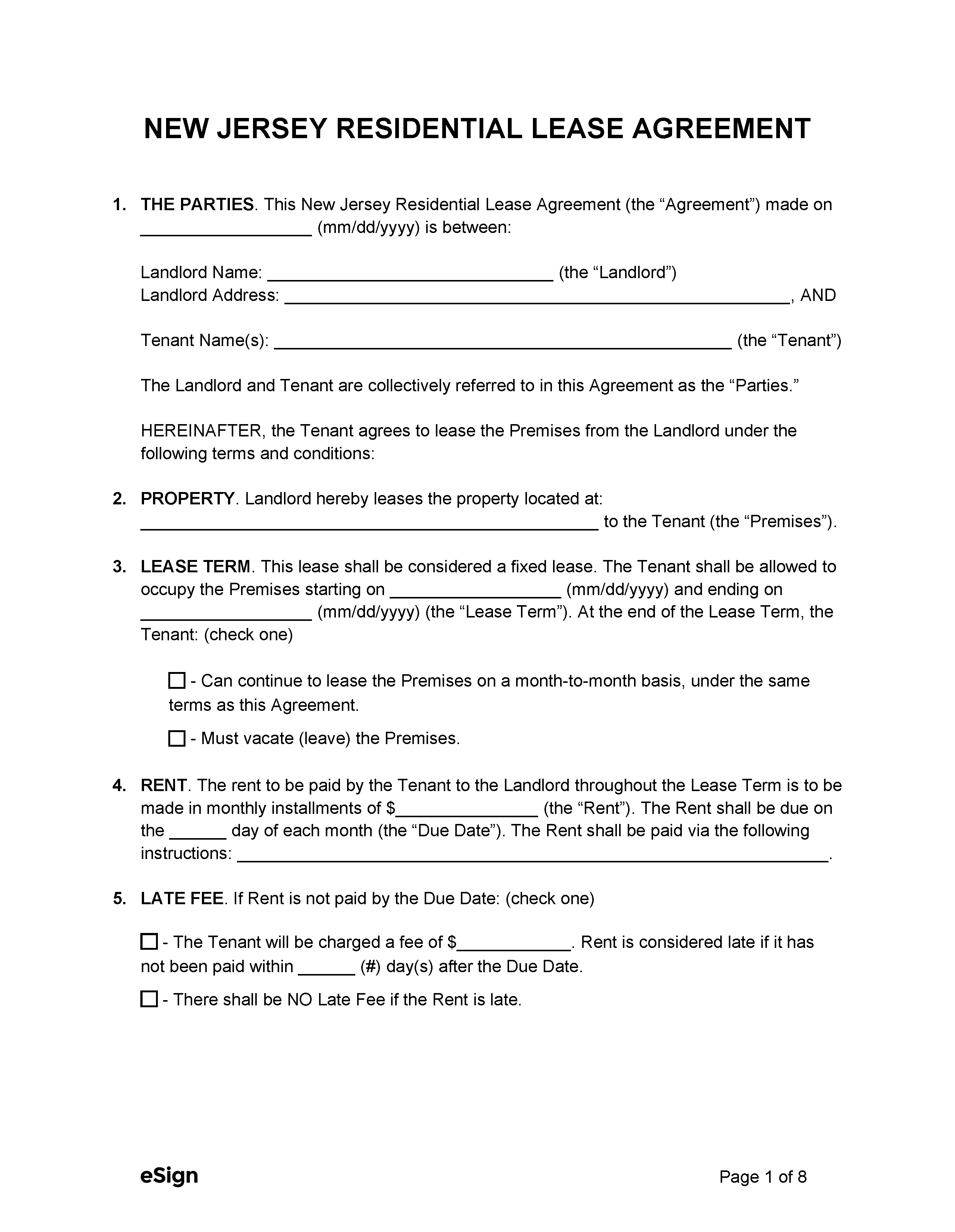Required Disclosures (4)
- Flood Zone – Landlords must disclose if a rental property is in a flood zone.[1]
- Lead-Based Paint Disclosure (PDF) – Federal law requires that landlords provide tenants with a lead-based paint disclosure form if the dwelling was constructed before 1978.[2]
- Truth in Renting Act (PDF) – Tenants must receive a copy of the Truth in Renting Act before or at the start of a tenancy.[3]
- Window Guards – Lease agreements for units in buildings with multiple dwellings must state the landlord’s duty to maintain window guards if a tenant has a child aged ten or under.[4] The notice must also be given to tenants biannually (if the tenant receives or renews a lease, only one additional notice is required that year).
Rent Grace Period
There’s a five-day grace period for tenants who are senior citizens and receive pension or financial assistance from the government.[7]
Landlord Resources
- Attornments by Tenant to Strangers to Title – Title 46, Chapter 8
- Landlord’s Lien for Rent – Title 2A, Chapter 42
- Handbooks (Guide) – Truth in Renting, Landlord Handbook

